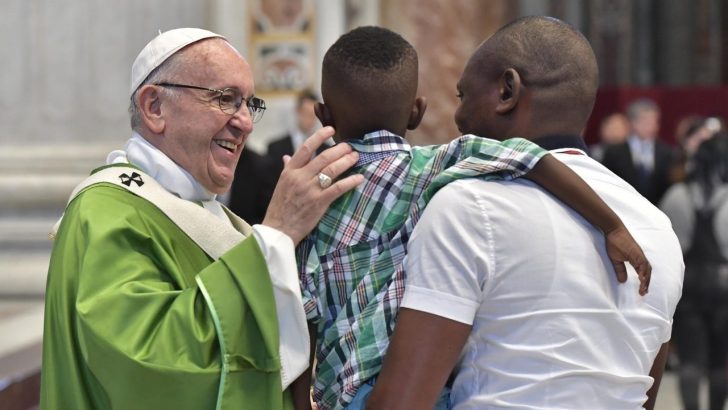Less than a week after Pope Francis called on people to recognise migrants as “a living image of God’s people on their way to the eternal homeland,” voters across Europe dealt a potentially serious blow to that vision by rewarding far-right, anti-immigrant parties in elections for the European parliament.
While mainstream, pro-EU forces are still expected to put together a governing majority, with European Commission President Ursula von der Leyen proclaiming the results show that “the center is holding,” a major storyline in the June 6 to 9 elections nevertheless was the strong showing of far-right parties in several nations.
The results were most dramatic in France, where President Emanuel Macron’s faction was swamped by the National Rally party under Marine Le Pen, forcing Macron to dissolve parliament and call snap elections for June 30.
In Austria, Germany and the Netherlands too, far-right parties scored major gains. Conversely, Green and liberal parties each lost an estimated 20 seats, with the Greens dipping from 72 seats in the current parliament to just 53 in the new one.
In Italy, the center-right Brothers of Italy party under Prime Minister Giorgia Meloni was the big winner, claiming almost 30 percent of the vote, although the main leftist opposition party, the Democrats, also did better than expected, finishing at roughly 24 percent.
Many analysts believe the fact that both France and Germany, considered the two most influential members of the 27 states that make up the European Union, both now face surging right-wing populist movements may prove especially consequential.
On the whole, most observers expect the new-look European Parliament to be somewhat more Euro-skeptic, less aggressive in responding to climate change and on environmental policies, and tougher on migration.


 Pope Francis greets refugees at a Mass for migrants in 2018. Joe Duffy said “some columnists” accuse the Church of silence on the issue, a contested claim. Photo: Vatican Media
Pope Francis greets refugees at a Mass for migrants in 2018. Joe Duffy said “some columnists” accuse the Church of silence on the issue, a contested claim. Photo: Vatican Media 